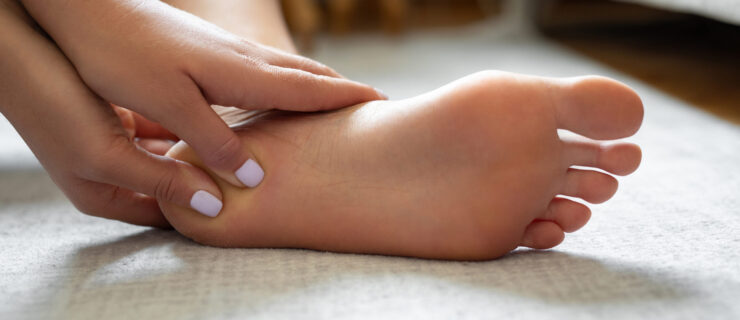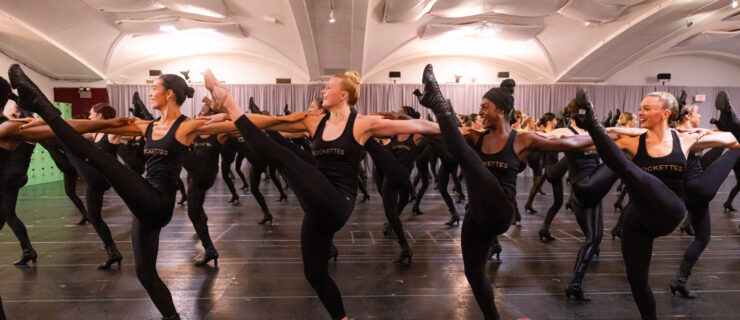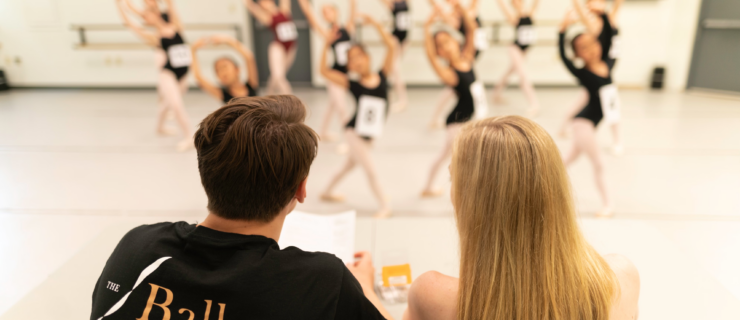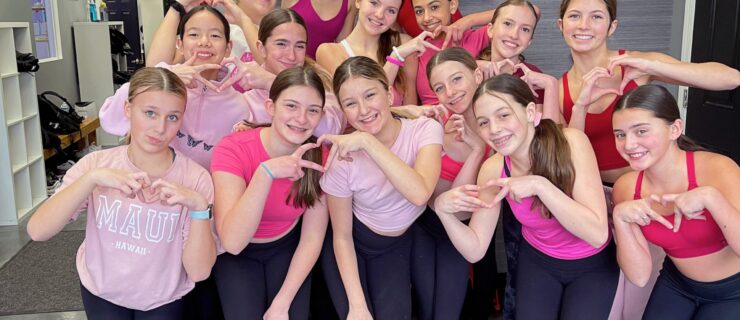How to Make the Best Impression at Your Summer Intensive
You’re in a studio that’s not your own, surrounded by dancers you don’t know. You’re excited and nervous, all at the same time. It’s the first day of your summer intensive, and you’re eager to make a good impression. But how? We asked the experts for advice.
On Mentality
Before you even take your place on the barre, you make an impression. In fact, studies show that a first impression is made in a matter of seven seconds, with attitude leading the list of what’s considered. At a summer intensive, attitude is often the first tell-tale sign of whether or not a student will succeed. Be aware of your body language and how you interact with those around you. Crossing your arms, leaning on the barre, rolling your eyes at corrections, and scoffing or snickering at faculty or fellow students can communicate a bad attitude.
Raegan Wood, director of the Taylor School, says a student’s overall mentality is integral to the impression he or she makes. “Students who have a really positive attitude and a great work ethic, coming with a real willingness to learn, are the ones who stand out the most,” Wood says. Bill Piner, director of the Ballet Austin Academy, agrees. “I’m drawn to students who are really present and come in with a very open attitude,” he says.
 A Ballet Austin summer intensive student with academy director Bill Piner (Anne Marie Bloodgood, courtesy Ballet Austin)
A Ballet Austin summer intensive student with academy director Bill Piner (Anne Marie Bloodgood, courtesy Ballet Austin)
On Approach to Training
While summer intensives focus on increasing technical proficiency, teachers consider a host of factors beyond technique. Just because you can turn like a top or développé past 180 degrees doesn’t mean you’re guaranteed to make a good impression. Both Wood and Piner agree that a student’s approach to training goes hand in hand with the height of their extensions or the quickness of their jumps. “It’s one in the same,” Piner says. “You can’t have one without the other.”
Wood says a dancer’s eagerness to learn can offset what they lack in technical skill. “What factors the most in terms of leaving a really good impression is how engaged they were in the process, and how excited they were to learn,” she says. The best impressions are made by those students who are invested, focused, and committed—both in class and rehearsals.
To Piner, students who wholeheartedly apply what they’re given in class and rehearsal—no matter how foreign it may feel—make the best impressions. “I appreciate dancers who really try to work in class, not just show what they already know,” he says. “I want students to be willing to push outside of their comfort zones.”
 Students in class at a Taylor Intensive (Alan Olshan, courtesy Paul Taylor American Modern Dance)
Students in class at a Taylor Intensive (Alan Olshan, courtesy Paul Taylor American Modern Dance)
On Conduct—In and Out of the Studios
Whether far away or close to home, summer intensives mean some degree of independence. But with that independence comes responsibility.
Piner says that a student’s conduct both inside and outside the studio—their adherence to everything from dormitory rules to studio policies to dress codes—is just as important as their artistry and technical ability. The decisions you make in every situation influence the impression you leave, and, potentially, the opportunities you’re offered. “If they can’t adhere to our policies even for the six weeks of the summer program, it’s a real red flag for us,” Piner says.
 Ballet Austin summer intensive students with associate artistic director, Michelle Martin (Anne Marie Bloodgood, courtesy Ballet Austin)
Ballet Austin summer intensive students with associate artistic director, Michelle Martin (Anne Marie Bloodgood, courtesy Ballet Austin)
On Communication
No one’s perfect: Everyone oversleeps, gets hurt, and makes mistakes sometimes. It’s not the end of the world. What matters is how you handle those situations.
Piner explains that communication is key to making and maintaining a good impression. “Communication is absolutely the best way to work through whatever situation is going on,” he says. Without it, you run the risk of allowing faculty to make incorrect, and potentially unfavorable, assumptions about you.
Don’t be afraid to talk to your teachers about whatever may be holding you back. They want what’s best for you, but they can’t read your mind.
 Students in class at a Taylor Intensive (Alan Olshan, courtesy Paul Taylor American Modern Dance)
Students in class at a Taylor Intensive (Alan Olshan, courtesy Paul Taylor American Modern Dance)
On Why It Matters
The dance world is small—smaller than you think—so the impressions you make during your training truly make a difference. You never know who a director may talk to, or when you’ll cross paths with faculty again. Summer intensives are prime pools from which to draw potential year-round students or future company members, and teachers are always on the lookout for dancers who might be good fits.



